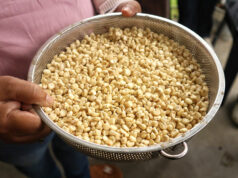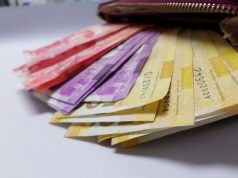PHL to become ASEAN’s most coal-dependent economy by 2030 — ADB
THE PHILIPPINES is expected to become the most coal-dependent country in Southeast Asia in 12 years, the Asian Development Bank (ADB) said.
“The Philippines will overtake Indonesia and have the highest share of coal in the power mix for Southeast Asia in 2030 at 50%,” ADB said in a working paper, The Impact of Nationally Determined Contributions On the Energy Sector Implications for ADB and its Developing Member Countries.
In 2014, the Philippines had a 43% share of coal in power generation.
Indonesia in 2014 had a 52% coal share in its power mix, but this is expected to decline to 48% by 2030. Malaysia is projected to have the second-highest coal share at 45% by 2030, from 40% in 2014.
Thailand will continue as the least coal-dependent country in the region with a share of 25% by 2030 from 21% in 2014.
However, the growth of renewable energy use in the Philippines is expected to outpace the growth of coal use, at 151% between 2014 to 2030 against 75% for coal over the same period.
“The substantial addition of coal capacity will result in locking in high emission assets for the long term. As such, a set of coordinated policies and the technologies are needed to satisfy short-term objectives while being consistent with longer-term ambitions,” the paper read.
“Governments must enhance support to investment in renewable technologies, emphasize the importance of investing in a diverse generation mix, as well as promote higher efficiency coal technologies and investment in carbon capture and storage,” it added.

The Philippines addressed its dependence on coal by imposing additional excise taxes on imported and domestic coal to P50 per metric ton this year, from P10 previously.
The law will increase it further to P100 per metric ton next year and P150 per metric ton by 2020.
However, domestic coal is still exempt from value-added tax. — Elijah Joseph C. Tubayan



